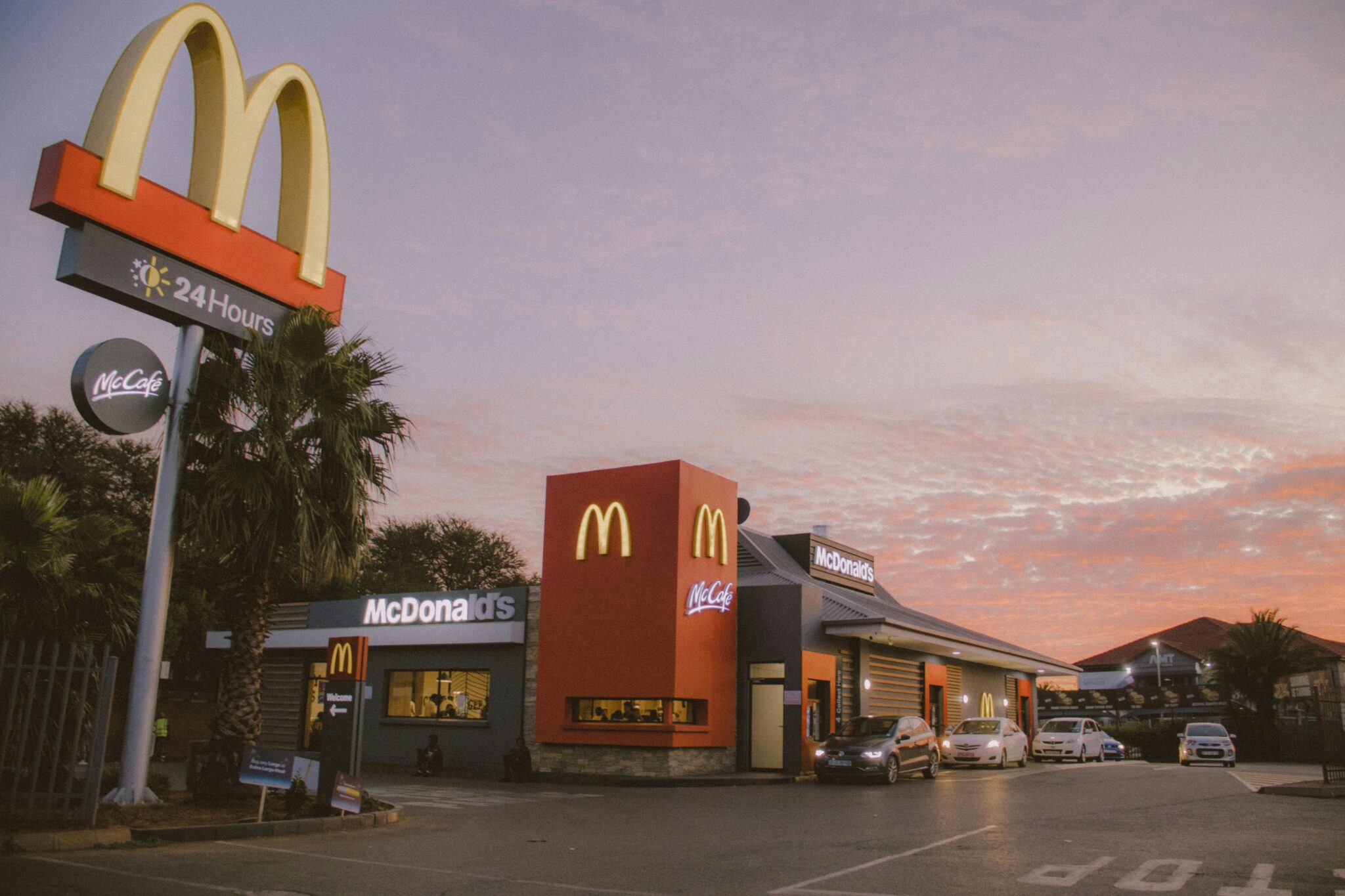
Esther Ritchin is a student at Harvard Law School.
In today’s News & Commentary: McDonald’s affiliated-group opposes New York bill enhancing worker protections, University of Pennsylvania graduate students vote to unionize, and Finland limits strike durations.
The New York Empowering People in Rights Enforcement Worker Protection bill (commonly known as the the EmPIRE Worker Protection Act) has faced strong opposition from a group called New Yorkers for Local Businesses (NYLB), which research by New York Focus has found to be intimately connected with McDonalds. The EmPIRE Worker Protection Act would allow workers to sue employers for violating wage theft, health and safety, and retaliation laws, as opposed to relying on the Department of Justice for enforcement. NYLB has spent almost half a billion dollars opposing the bill. NYLB also has listed leadership which appears to work for McDonalds or own franchises, listed testimonials on their website from people who appear to operate McDonald’s locations, and runs a PAC that seems to be almost entirely funded by people employed by or franchise owners of McDonald’s.
On May 3, the University of Pennsylvania graduate students voted to unionize, with 95% voting in favor of unionization. The union, called GET-UP (an acronym for Graduate Employees Together University of Pennsylvania), is affiliated with the United Auto Workers, as many student unions are. This is the third unionization effort at the University of Pennsylvania, but the first to succeed. Likely topics of bargaining include wages, working conditions, and support for international students.
On May 8, Finland passed a new law limiting the duration of strikes. Industrial strikes, when unions have disputes with employers, will be limited to two weeks, while political strikes, which are to promote social or political goals, will be limited to 24 hours. Unions have protested this and other bills in the Finnish government, including with a four-week strike disrupting cargo and goods delivery.






Daily News & Commentary
Start your day with our roundup of the latest labor developments. See all
January 29
Texas pauses H-1B hiring; NLRB General Counsel announces new procedures and priorities; Fourth Circuit rejects a teacher's challenge to pronoun policies.
January 28
Over 15,000 New York City nurses continue to strike with support from Mayor Mamdani; a judge grants a preliminary injunction that prevents DHS from ending family reunification parole programs for thousands of family members of U.S. citizens and green-card holders; and decisions in SDNY address whether employees may receive accommodations for telework due to potential exposure to COVID-19 when essential functions cannot be completed at home.
January 27
NYC's new delivery-app tipping law takes effect; 31,000 Kaiser Permanente nurses and healthcare workers go on strike; the NJ Appellate Division revives Atlantic City casino workers’ lawsuit challenging the state’s casino smoking exemption.
January 26
Unions mourn Alex Pretti, EEOC concentrates power, courts decide reach of EFAA.
January 25
Uber and Lyft face class actions against “women preference” matching, Virginia home healthcare workers push for a collective bargaining bill, and the NLRB launches a new intake protocol.
January 22
Hyundai’s labor union warns against the introduction of humanoid robots; Oregon and California trades unions take different paths to advocate for union jobs.